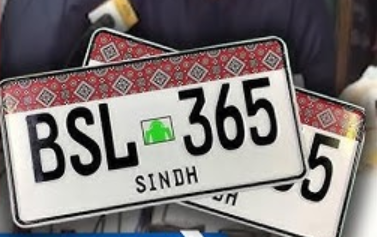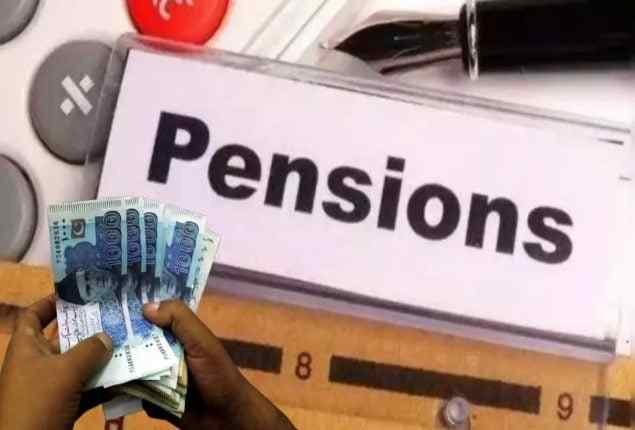Sindh Pushes Ajrak-Themed Number Plate Deadline Amid Public Outcry
KARACHI – The Sindh government has extended the deadline for switching to the new Ajrak-themed number plates for motorcycles, giving vehicle owners until October 31 to comply. The move comes in response to growing frustration among the public and mounting pressure on the Excise and Taxation Department over delays and enforcement chaos.
The original cut-off date was August 14, but with processing bottlenecks and long queues at excise offices, authorities have pushed the deadline forward by two and a half months.
The extension was announced through an official notification issued Monday, following directives from Sindh Excise and Taxation Minister Mukesh Kumar Chawla.
Rollout Chaos and Public Backlash
The province’s decision to enforce new security-featured plates, designed with traditional Ajrak patterns, has backfired in many ways. While the cultural touch was intended to promote Sindh’s heritage, the reality on the ground has been far less celebratory.
Karachi residents, in particular, have been bearing the brunt of the policy. In recent weeks, the city has witnessed a surge in vehicle fines and seizures, with traffic police cracking down on those still using old number plates. Many motorists have complained that they’re being penalised even when their applications for the new plates are pending.
Infrastructure Struggles to Keep Up
The Excise Department is reportedly overwhelmed. A massive backlog in processing new plate requests has formed, with applicants swamping offices and facing extended delays—sometimes weeks—with little communication or clarity.
Despite this, the traffic police have aggressively continued their enforcement campaign, issuing millions of rupees in fines and impounding a significant number of bikes and cars. The lack of coordination between departments has left many citizens confused and angry.
Cost and Clarity Concerns
Adding to public frustration is the cost of the new number plates: Rs1,850 for motorcycles and Rs2,450 for cars. Many vehicle owners argue they’ve already paid for plates in the past and shouldn’t have to pay again. The lack of a waiver or subsidy has only fueled resentment.
Civic activists and local residents are now calling on the government to set up temporary registration camps across the city to ease the load on excise offices and bring some order to the rollout. There are also increasing demands for the provincial administration to rein in the excesses of traffic police, who many believe are exploiting the situation.
What Happens Next?
With the new deadline now set for October 31, the Excise Department has a narrow window to scale up its operations and clear the backlog. But unless clear communication, better infrastructure, and inter-departmental coordination are established soon, the chaos may only worsen.
For now, motorists in Sindh remain caught between an overloaded bureaucracy and overzealous enforcement—with little sign of immediate relief.







